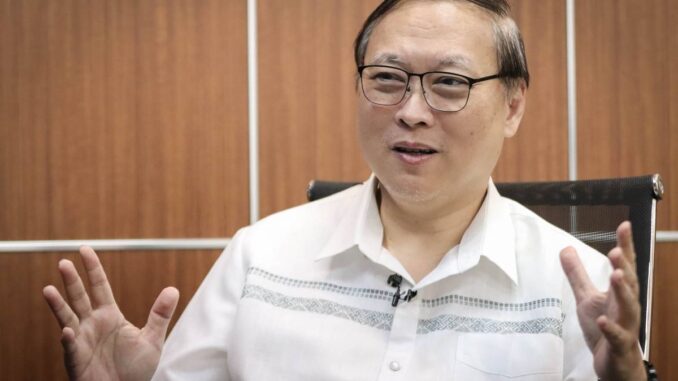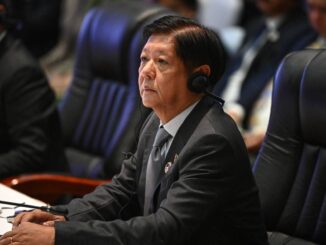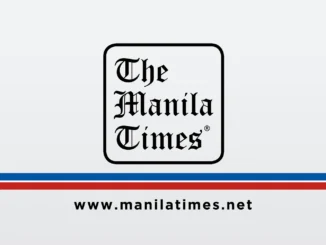
DESPITE the administration’s push for digitalization of government services to curb corruption, many agencies have not fully embraced going digital.
This is evident in some government agencies whose websites remain outdated and whose transaction processes remain stuck in pen and paper.
A recent study by the Pathways for Prosperity Commission on Technology and Inclusive Development showed that information and communication technology (ICT) has affected the work of all actors involved in or against corruption, including public institutions, civil society organizations, the private sector and media.
“While many see great promise in this development, the effectiveness of ICT tools, as well as their drawbacks and potential misuse, vary widely. Some technologies may even enable corruption,” the study said.
It found that “concerning transparency portals, impactful examples that provide big and open data used by civil society or the business community are still relatively rare, particularly in developing countries.”
“The scant literature indicates that the mismatch of supply and demand of data, a lack of resources, means of sanctions, and logistical challenges commonly appear to hinder effective implementation of such portals,” it said.
“Further evidence is greatly needed on the impact of such portals on the supply side of information and enhancing downward transparency,” it added.
But as the world goes digital, the study also raised concerns about data breaches and data security.
The Philippines is no exception.
In recent months, the websites of the Philippine Coast Guard, the Armed Forces of the Philippines, the Overseas Workers Welfare Administration, and even the Department of Information and Communications Technology (DICT), which is tasked to improve cybersecurity in the country, suffered data breaches.
ICT Secretary Ivan Uy, during a House budget hearing in August, said about 20,144 vulnerabilities in online assets have been identified and addressed by government agencies from January to August 2024.
“Our ongoing commitment to cybersecurity ensures our digital infrastructure should remain secure and resilient against threats,” Uy said.
Drawing on the commonalities across different technologies, the study showed that ICT could support anti-corruption in a variety of ways.
“It can promote transparency and accountability while facilitating advocacy and citizen participation. It is also proven to enable a closer interaction between government and citizens — for example, by enhancing access to public information,” the study read.
“ICT can genuinely impact… public discretion and scrutiny — for instance, by digitizing and monitoring officials’ activities and public services, and enabling corruption reporting,” it added.
However, the study also showed that ICT could also facilitate corruption, with emerging technologies providing “new corruption opportunities related to the dark web, cryptocurrencies, or simply through the misuse of well-intended technologies such as digital public services.”
“ICT can also contribute to the centralization of corruption opportunities such as a central database holding all records for financial transactions in situations where previously transactions were highly decentralized. These underline the fact that ICT is not per se a panacea against corruption, and it can also play into the hands of corrupt officials,” it said.
“This is because the tools crucially depend on the specific content provider and require connectivity and a certain level of ICT proficiency. And this is something that cannot be taken for granted in developing countries,” it added.
Similarly, the study found that the application of ICT tools for anti-corruption needs to acknowledge the digital divide between different social groups.
“The success of ICT interventions against corruption hinges on their suitability for local contexts and needs, cultural backgrounds and technology experience,” it said.
“Finally, for ICT to be effective in controlling corruption, it still very much depends on political parties, public administrations and civil society groups; on its own, it is likely to remain ineffectual,” it added.
In the Philippines, President Ferdinand Marcos Jr. has been driving the digital transformation of the country since 2022.
In his last year’s State of the Nation Address, Marcos directed all government offices to digitalize vital services immediately, as he outlined the achievements and programs of his administration aligned with its bid for digital transformation in all offices.
The President has emphasized that digitalization is already a must today and would not only facilitate the ease of doing business but also combat graft and corruption.
“Digitalization is the call of today, not the call of the future but of the present. It is here. It is needed, and it is needed today. Government must fully embrace digitalization to provide better service to the people through its vital frontline services and its back-end functions,” Marcos said.
“Digitalization will support the government’s data-driven, science-based planning and decision-making. It is the greatest and most powerful tool, not just to improve ease of doing business but also against many forms of graft and corruption,” he added.




Be the first to comment